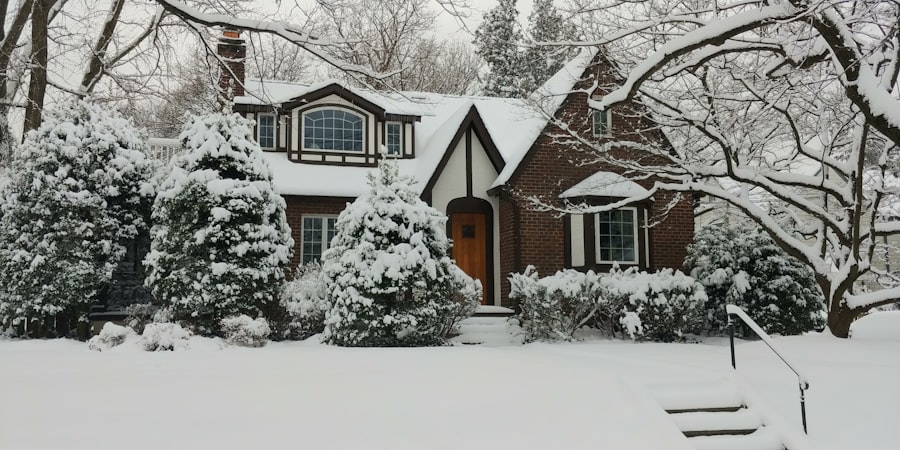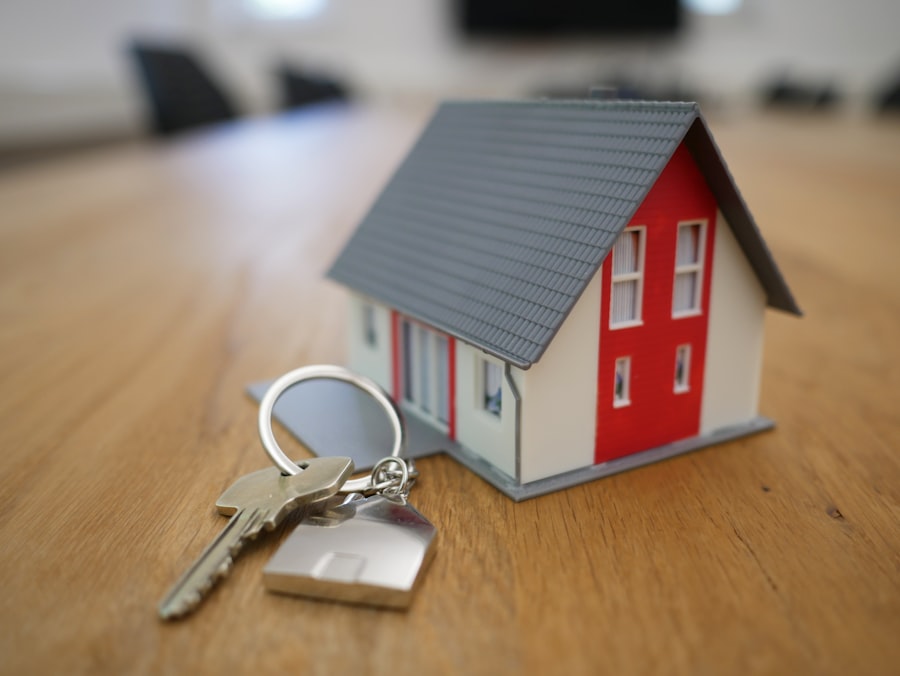Mobile home insurance is a specialized form of coverage designed to protect the unique needs of mobile and manufactured home owners. Unlike traditional homeowners insurance, which typically covers a stationary structure, mobile home insurance accounts for the specific risks associated with homes that can be relocated. This type of insurance is essential for safeguarding not only the physical structure of the mobile home but also the personal belongings within it.
Mobile homes, often more vulnerable to certain types of damage due to their construction and location, require tailored policies that address these risks. The coverage provided by mobile home insurance can vary significantly from one policy to another. Generally, it encompasses protection against perils such as fire, theft, vandalism, and certain natural disasters.
However, the specifics of what is covered can depend on various factors, including the age of the mobile home, its location, and the insurance provider’s policies. Understanding these nuances is crucial for mobile home owners to ensure they have adequate protection against potential losses.
Key Takeaways
- Mobile home insurance provides coverage for your mobile home, personal property, and liability protection.
- Coverage options for mobile home insurance include dwelling coverage, personal property coverage, and additional living expenses coverage.
- Factors affecting mobile home insurance costs include the location of the mobile home, the age and condition of the home, and the chosen coverage limits.
- To find the best mobile home insurance policy, compare quotes from multiple insurers, consider bundling policies, and review the coverage options and deductibles.
- Common claims for mobile home insurance include damage from natural disasters, theft, and liability claims, and coverage can vary based on the policy.
Coverage Options for Mobile Home Owners Insurance
Mobile home insurance typically offers several coverage options that cater to the diverse needs of owners. The most fundamental component is the dwelling coverage, which protects the structure of the mobile home itself. This coverage usually includes protection against common hazards like fire, windstorm, hail, and other natural disasters.
Additionally, many policies provide coverage for attached structures, such as decks or porches, which can be vital for maintaining the overall value of the property. Another critical aspect of mobile home insurance is personal property coverage. This component safeguards the belongings inside the mobile home, including furniture, electronics, clothing, and other personal items.
In many cases, this coverage extends to items stored outside the home, such as tools or outdoor furniture. Furthermore, mobile home owners can often opt for replacement cost coverage, which ensures that they receive compensation for the full value of their belongings rather than just their depreciated value. This distinction can make a significant difference in the event of a loss.
Factors Affecting Mobile Home Insurance Costs

Several factors influence the cost of mobile home insurance premiums, making it essential for owners to understand how these elements interact. One of the primary determinants is the location of the mobile home. Homes situated in areas prone to natural disasters—such as hurricanes, tornadoes, or floods—typically face higher insurance costs due to the increased risk of damage.
Additionally, proximity to fire departments and emergency services can also impact premiums; homes located further away from these services may incur higher rates. The age and condition of the mobile home are also significant factors in determining insurance costs. Older homes may be more susceptible to damage and may not meet current building codes or safety standards, leading to higher premiums.
Moreover, the type of materials used in construction can affect costs; for instance, homes built with more durable materials may qualify for lower rates. Lastly, the owner’s claims history plays a crucial role; individuals with a history of frequent claims may face higher premiums as insurers perceive them as higher risk.
Tips for Finding the Best Mobile Home Insurance Policy
| Factors to Consider | Importance |
|---|---|
| Coverage Options | High |
| Policy Cost | High |
| Customer Reviews | Medium |
| Claims Process | High |
| Discounts Available | Medium |
Finding the best mobile home insurance policy requires careful consideration and research. One effective strategy is to compare quotes from multiple insurance providers. Each company may offer different coverage options and pricing structures, so obtaining several quotes allows owners to identify which policy best meets their needs at a competitive price.
Online comparison tools can simplify this process by providing side-by-side comparisons of various policies. Additionally, it is essential for mobile home owners to assess their specific coverage needs before selecting a policy. This assessment should include evaluating the value of personal belongings and any additional structures on the property.
Owners should also consider whether they need specialized coverage for unique risks associated with their location or lifestyle. Engaging with an insurance agent who specializes in mobile home insurance can provide valuable insights and help navigate complex policy details.
Common Claims and Coverage for Mobile Home Insurance
Mobile home owners often encounter specific types of claims that are more prevalent than others. One common claim involves damage from severe weather events such as storms or hail. Given that mobile homes are typically lighter and less anchored than traditional homes, they can sustain significant damage during high winds or heavy precipitation.
Policies that include comprehensive windstorm coverage are crucial for protecting against these risks. Another frequent claim relates to theft or vandalism. Mobile homes can be more vulnerable to break-ins due to their often isolated locations or lack of security features compared to traditional homes.
Insurance policies that offer robust personal property coverage can help mitigate losses from such incidents. Additionally, liability claims can arise if someone is injured on the property; having adequate liability coverage is essential for protecting against potential legal expenses.
Importance of Liability Coverage for Mobile Home Owners

Liability coverage is a critical component of mobile home insurance that protects owners from financial loss in case someone is injured on their property or if they inadvertently cause damage to someone else’s property. This type of coverage can cover medical expenses for injured parties and legal fees if a lawsuit arises from an incident on the property. Given that mobile homes often have outdoor spaces where guests may gather, having sufficient liability coverage is particularly important.
Moreover, liability claims can arise from various situations beyond just accidents on the property. For instance, if a tree from a mobile home owner’s yard falls and damages a neighbor’s vehicle or property, liability coverage would help cover those costs. Without adequate liability protection, mobile home owners could face significant financial burdens that could jeopardize their financial stability.
Additional Coverage Options for Mobile Home Owners Insurance
In addition to standard coverage options, mobile home owners may want to consider additional endorsements or riders that enhance their policies. One popular option is flood insurance, which is crucial for those living in flood-prone areas. Standard mobile home insurance policies often exclude flood damage; therefore, obtaining separate flood coverage can provide peace of mind and financial protection against this specific risk.
Another valuable addition is personal injury protection, which covers claims related to non-physical injuries such as defamation or invasion of privacy. This type of coverage can be particularly relevant in today’s digital age where social media interactions can lead to misunderstandings or disputes. Additionally, some insurers offer replacement cost coverage for personal belongings rather than actual cash value coverage, ensuring that owners receive compensation based on current market prices rather than depreciated values.
Steps to Take in the Event of a Mobile Home Insurance Claim
When faced with a loss or damage requiring an insurance claim, mobile home owners should follow a systematic approach to ensure a smooth claims process. The first step is to document the damage thoroughly by taking photographs and making detailed notes about what occurred. This documentation will serve as crucial evidence when filing a claim and can help expedite the process.
Next, it is essential to notify the insurance company as soon as possible after discovering the loss. Most insurers have specific timeframes within which claims must be reported; failing to adhere to these timelines could result in denial of coverage. When contacting the insurer, be prepared to provide all necessary information regarding the incident and any supporting documentation collected earlier.
After filing the claim, an adjuster will typically be assigned to assess the damage and determine the payout amount based on policy terms. It is advisable for homeowners to maintain open communication with the adjuster throughout this process and provide any additional information requested promptly. Finally, once a settlement is reached, it’s important for homeowners to review their policy terms carefully before accepting any offers to ensure they are receiving fair compensation based on their coverage limits and needs.

